|
Important Dates & Deadlines
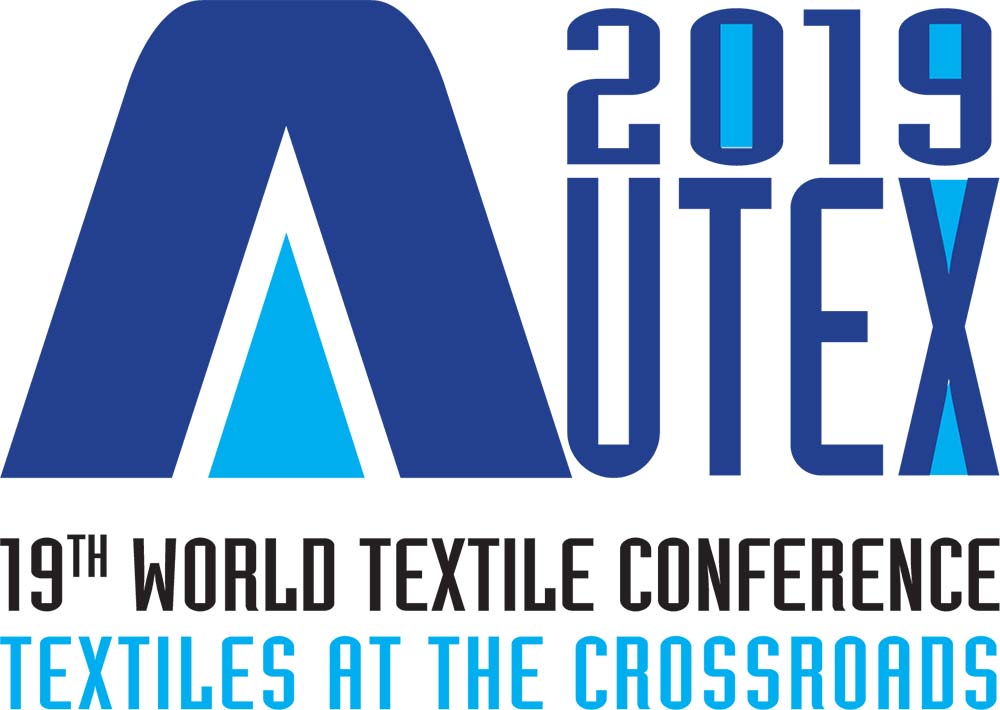
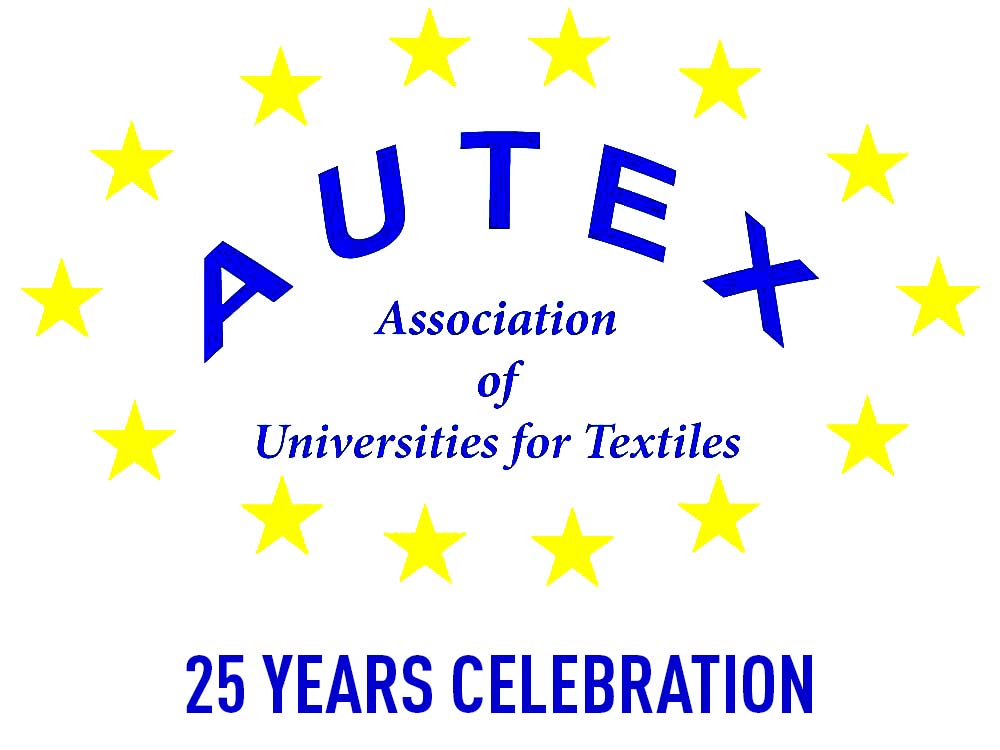
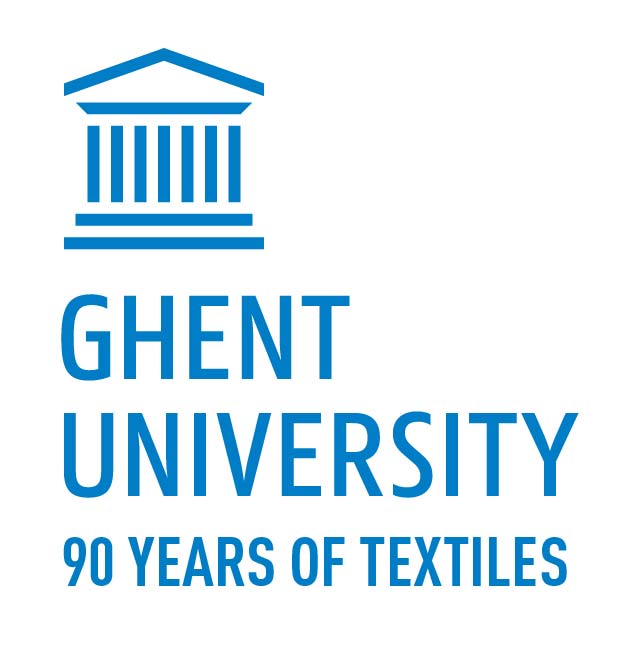
|
You are here > Programme | Keynote Lectures
Keynote lectures:Mastering Proteins: A 21st Century Approach to Textile MaterialsBy Oliver Syed SHAFAAT, PhD New programmable materials systems for biomedicine and highly advanced technologies
Horizon Europe - Materials for tomorrow
Keynote lecture: Horizon Europe - Materials for tomorrow Oliver Syed SHAFAAT, PhDManager, Fiber R&D Section, Spiber Inc. Japan.
Keynote lecture: Mastering Proteins: A 21st Century Approach to Textile Materials Protein-based materials found in nature display remarkable properties. For example, spider silk fibers are extraordinarily tough, and squid-sucker teeth have hardness comparable to commonly used plastics. Remarkably, these protein materials are made from natural feedstocks in a sustainable manner, and offer alternatives to synthetic, petrochemical-based materials from finite resources. The development of industrial protein materials offers alternatives to the limitations and environmental impact of petroleum-derived plastic materials. The use of both protein and petrochemical-derived materials in the manufacturing of fabrics is well established. Silk and wool have been used in the textile industry for millennia and the development of plastic fibers has revolutionized the textile—and material—industry over the past century. Spiber Inc. has developed the science and technology necessary to harness the potential of proteins, and is preparing to enable industrial scale production of protein polymer fibers and materials. Spiber takes inspiration from these natural protein materials and designs customized versions at the genetic level by synthesizing new genes and inserting them into microbes. The microbes function as tiny material factories and produce the raw protein polymer when they are provided with water, sugar and nutrients. The protein polymers are then refined and further processed into fibers, plastics, films, sponges, and other forms. Spiber manufactures these protein polymer materials on the pilot scale using proprietary methods which will soon be deployed in its newly-announced industrial-scale protein material production facility in Thailand. In this presentation, we will discuss some of the latest developments of Spiber’s protein polymer fibers and yarns for use in the apparel sector. Discussion will include the process development of synthetic protein materials, challenges, prospects of protein fibers, and an outlook for the future of synthetic protein materials in the textile industry. Prof. Dr.-Ing. habil. Dipl.-Wirt. Ing. Chokri CHERIFTU Dresden, Director of the Institute of Textile Machinery and High Performance Material Technology (ITM) and Head of the Chair of the Department of Textile Technology.
In 2005, Prof. Cherif accepted the position of professor at the TU Dresden, where he is Head of the Chair of Textile Technology. In addition, Prof. Cherif is the Director of the Institute of Textile Machinery and High Performance Material Technology (ITM) at the TU Dresden. Prof. Cherif was Laureate of the Deutscher Zukunftspreis 2016, the German President's Award for Innovation in Science and Technology. In 2017, the Tunisian President awarded Prof. Cherif the Carrier of the Cross of Merit for his excellent achievements abroad. Prof. Cherif focuses his research activities on the design and construction of textile machinery, development of load-adapted textile 2D and 3D structures for composites, modeling and simulation of processes and structures, development of new in-situ measuring technology and adaptive constructions and the development of new high-performance fibres. Currently, Prof. Cherif is involved in numerous cooperative projects and holds various consultant positions. He is also actively involved as a member in various organisations and work groups. Keynote lecture: New programmable materials systems for biomedicine and highly advanced technologies Materials are indispensable technology drivers. Today, more than ever, new materials solutions are required to sustainably cope with the accelerated demand for mobility, energy, urbanization and health care. Current solutions for the functionalization of engineering systems usually involve the merging of different materials on the macroscopic level and the usage of additional devices. As an example, kinematic systems, e.g. robotic arms, are functionalized by means of devices, such as motors, complex multi-unit mechanisms and applied sensor-actuator-networks that are manufactured individually and assembled to structural elements. Typically, those systems are characterized by a fixed system architecture, thus enabling only specific preset functions. This procedure involves tremendous costs and is not sustainable. Therefore, novel topology designs and n e w structural concepts allow for the purpose- driven arrangement of 4D systems, including new ways of information transfer and distribution. This enables the realization of complex, morphing, reprogrammable, mechanical load-bearing systems. By inserting 4D materials, these systems can be used instantly ("ready-to-use") according to the predefined task, yet remaining reprogrammable. These systems combine novel multi-material usage with radically innovative cross-scale design concepts including material-inherent sensor-actuator networks permitting defined time-dependent controllability and specific functionalities on demand. The development of new materials and smart bionically-inspired constructions offer a great potential for cutting-edge innovations. Therefore, the creation of new functionalities that are intrinsically and harmonically embedded in the material, in combination with emerging complex topologies, permits highly adaptive constructions for numerous application areas. The presentation will focus on new interactive fiber composites, including structurally integrated smart actuator and sensor networks
as well as on in-depth scientific analyses of structural and material behaviour on multiple scales. Due to their high intrinsic deformation capacity, interactive fiber composites have become a promising approach to generate controllably deformable components with specifically adjustable properties. As actuators, they can respond to changes in their environment (e.g. temperature and magnetic fields) and ensure precise as well as long-term stable functionalities by means of regulation and control circuits that are based on and linked to sensorial condition monitoring. However, these functionalities require innovative component designs and cross-scale modelling, simulation, integration into system conceptions, experimental research, and material developments. The boosting of this new material class requires the simulation-based development of smart material combinations and gradations for self-sufficient interactive fiber composites with structurally integrated actuator and sensor networks to actively and locally adjust component stiffness. Interactive fiber composites are also suited to achieve controlled complex deformation patterns. Of particular interest will be characteristics in terms of large deformation capabilities, high frequencies, and large actuating powers due to sensorial feedback in consideration of thermal and mechanical stress, while simultaneously reducing weight and enhancing compactness. These interactive fiber composites are a new class of materials offering new properties. For example, the development of novel constructions allows for the reversible and contactless adjustment of geometric degrees of deformation for mechanical components; thus, various environmental requirements can be met in a quick and precise manner. This advantage makes them suitable for numerous fields of application, such as mechanical engineering, vehicle construction, robotics, architecture, orthotics, and prosthetics. Potential applications include their use in systems for precise gripping and transportation processes, such as hand prostheses, automated lids, seals, shapeable membranes, and adaptive flaps for rotor blades of wind turbines as well as trim tabs for ground- and watercraft to effectively reduce flow separation. Acknowledgements The Research Training Group 2430 on “Interactive Fiber Rubber Composites” is funded by the Deutsche Forschungsgemeinschaft (DFG, German Research Foundation) – project number 380321452/GRK2430. Funding is gratefully acknowledged. Achilleas D. STALIOSPolicy Officer, European Commission, DG Research & Innovation, D3 Advanced Materials and Nanotechnologies
20 years’ experience in materials (glass –ceramics and metal alloys) research and characterisation, laboratories in Belgium, SCK/CEN, in Greece (Demokritos Institute--NCSR in Athens), Germany, ITU (Institute for Transuranium Elements –JRC Karlsruhe-European Commission). Author of 40 scientific papers. From 2000 on EU Administrator at the European Commission headquarters in Brussels, Directorate General for Research and Innovation, Directorate NMPB-Industrial Technologies, Unit D3: Advanced Materials and Nanotechnologies. Portfolio at D3 Unit:
Keynote lecture: Horizon Europe - Materials for tomorrowThe EU is facing significant future global challenges and therefore needs to maintain and enhance its technological and industrial competitiveness in key enabling technological areas, such as in materials for tomorrow, which are necessary for the transformation of our economy and society. To achieve this, action at EU level is necessary which must ensure that all industrial players, and society at large, can benefit from advanced and clean technologies and digitisation. The EU is a global leader in advanced/processed materials and associated processes. However, in order to remain competitive and meet citizens’ needs for sustainable, safe and advanced materials and products, the EU must invest in improvements such as in the recyclability of materials, reduction of carbon and environmental footprint, and drive cross-sectoral industrial innovation by supporting new applications in all industry sectors.The interaction of science, technology, social sciences and humanities will be important in this respect when the bellow visions can be fulfilled. If planned correctly, a profound industrial and digital transformation will give EU industries the competitive edge they need to achieve a circular, resource efficient and net zero greenhouse gas emissions EU economy. In a globalised world it is essential to secure European autonomy in a number of critical areas, while continuing cooperation and exchanges with third countries in strategic areas. European industry and citizens must intensify their actions to tackle a number of sustainability challenges, notably climate action, the circular economy, environmental protection and fighting inequalities. This presentation will provide some preliminary elements on the philosophy behind the European Commission’s upcoming Next Framework Programme “Horizon- Europe” and present Directorate D’s - Industrial Technologies, contribution to Cluster 3 - Digital, Industry and Space (15 b€) in relation to among others Materials for Tomorrow. |

| Copyright © 2026 Semico nv | Powered by Mintyfresh Software Architects |
|---|

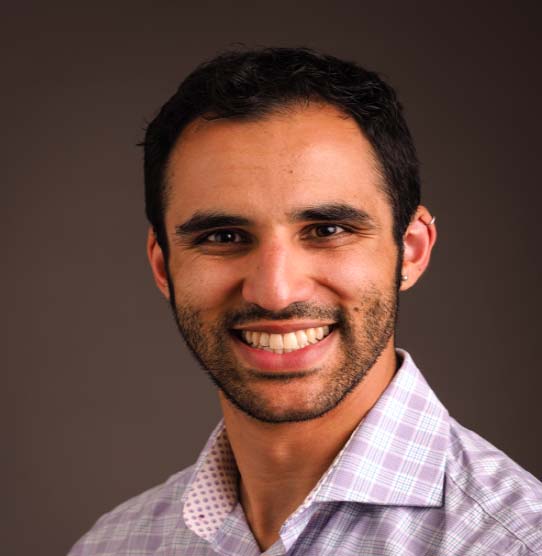 Oliver Shafaat is the manager of the Fiber R&D Section at Spiber, a leading biomaterials startup engaged in the production of sustainable protein materials. Oliver received his PhD in Biochemistry and Molecular Biophysics from The California Institute of Technology. Following his doctorate, Oliver relocated to Japan to join Spiber, where he draws inspiration from nature to design new protein materials from the genetic level up. The Fiber R&D section adopts and develops methods to deliver next-generation, synthetic protein fibers and textiles with higher performance, lower cost, and with less environmental impact. Oliver’s work on material design, creation, and testing contributes to the realization of Spiber’s vision for a more sustainable future.
Oliver Shafaat is the manager of the Fiber R&D Section at Spiber, a leading biomaterials startup engaged in the production of sustainable protein materials. Oliver received his PhD in Biochemistry and Molecular Biophysics from The California Institute of Technology. Following his doctorate, Oliver relocated to Japan to join Spiber, where he draws inspiration from nature to design new protein materials from the genetic level up. The Fiber R&D section adopts and develops methods to deliver next-generation, synthetic protein fibers and textiles with higher performance, lower cost, and with less environmental impact. Oliver’s work on material design, creation, and testing contributes to the realization of Spiber’s vision for a more sustainable future.
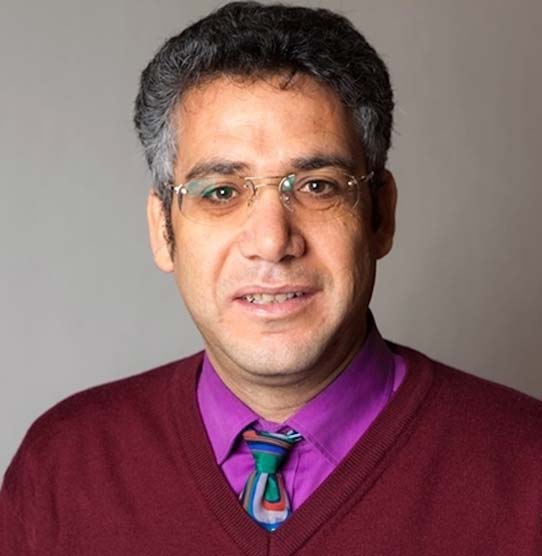 Prof. Dr.-Ing. habil. Dipl.-Wirt. Ing. Chokri Cherif (born May 24th, 1966) studied mechanical engineering at the RWTH Aachen. He was employed during his undergraduate mechanical engineering coursework as a student assistant at the Institute of General Mechanics at the RWTH Aachen and upon completion of his degree he remained on staff, first as a research assistant and later as a doctoral assistant in Textile Technology. Prof. Cherif was awarded the VENIA LEGENDI in the field of “Textile Manufacturing Technology" and held the position of assistant professor at the RWTH Aachen from 2001 to 2005.
Prof. Dr.-Ing. habil. Dipl.-Wirt. Ing. Chokri Cherif (born May 24th, 1966) studied mechanical engineering at the RWTH Aachen. He was employed during his undergraduate mechanical engineering coursework as a student assistant at the Institute of General Mechanics at the RWTH Aachen and upon completion of his degree he remained on staff, first as a research assistant and later as a doctoral assistant in Textile Technology. Prof. Cherif was awarded the VENIA LEGENDI in the field of “Textile Manufacturing Technology" and held the position of assistant professor at the RWTH Aachen from 2001 to 2005.
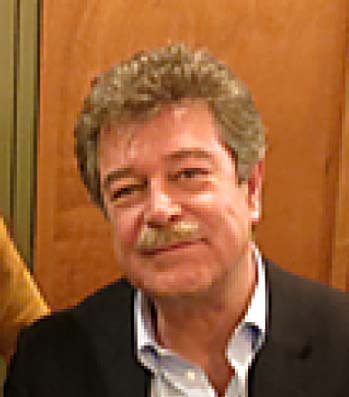 Basic studies: Physics Engineering – University of Thessaloniki, Greece.
Basic studies: Physics Engineering – University of Thessaloniki, Greece.